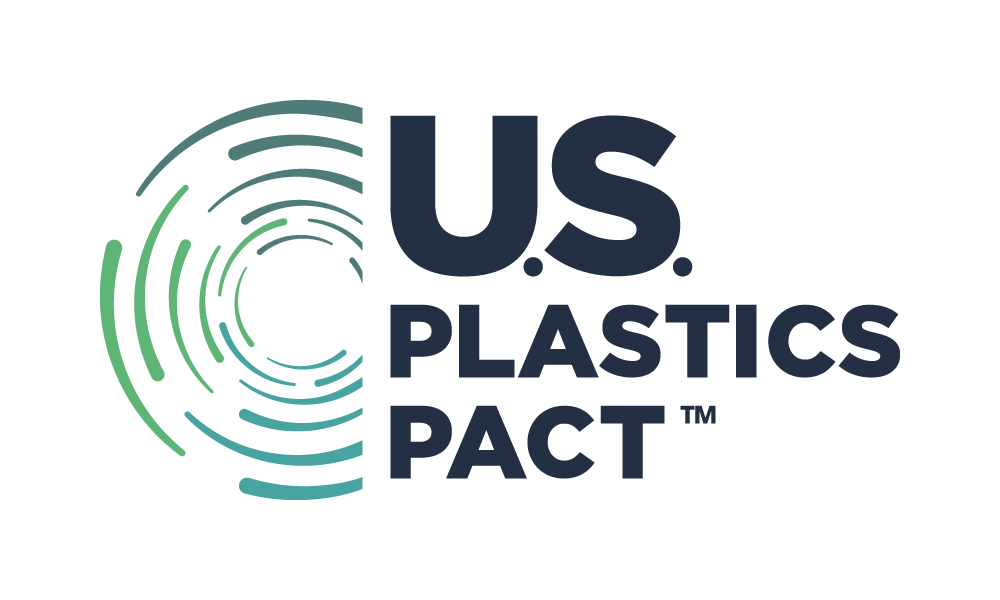Read the complete Waste Dive article.
The U.S. Plastics Pact is working toward aggressive recycling and reuse goals by 2025, but when it comes to established reuse infrastructure, the U.S. lags behind some other nations, said Tipaldo.
The U.S. Plastics Pact’s goal is to make all plastic packaging 100% reusable, recyclable or compostable by 2025. The pact, made up of 117 organizations and businesses known as “activators,” also seeks to recycle or compost 50% of plastic packaging by 2025, and intends to ensure packaging has at least 30% recycled or bio-based content. The pact formed in 2020 and is part of a worldwide network led by the Ellen MacArthur Foundation (EMF).
Supporting reusable and refillable packaging systems is a major part of meeting those 2025 goals, but because the large-scale reuse sector is still a fledgling part of the U.S. recycling and waste system, more information and data is needed to determine how big a role it could play in source reduction and landfill diversion, Tipaldo added.
Reusable packaging currently makes up 2% of all packaging made by the big brands participating in the pact, and more than half of the activators have zero types of reusable packaging in their portfolios. EMF estimates that if 20% of global plastic packaging were converted to reusable packaging, it could add $10 billion to the economy.
The Reuse Catalyst program aims to collect more and better data about what reuse systems are currently operating in the U.S., what those systems look like, how accessible they are, and how to better scale them long-term.
“For so many companies, [introducing reuse systems] is overwhelming and they don’t know where to begin. So this can help them better understand what’s currently happening in the U.S. and how to get involved,” she said.
Participants don’t receive any funding or pay to be part of the program, but they do agree to share information on certain technical, economic and environmental metrics, as well as information on how their clients interact with their services. The resulting data would be aggregated and shared as high-level findings with the pact, as well as publicly.
“It’s critical that a transition to circular and reusable systems is supported by data-driven insights and iterative testing to ensure we are in fact reducing the environmental footprint of packaging systems,” said Kate Daly, managing director of Closed Loop Partners, in a news release.
In exchange, participants can connect with experts on plans for improving or scaling their systems and participate in one-on-one consulting sessions, such as with investors, retailers or mentors, Tipaldo said.
More reuse/refill companies have opened in recent years, though logistical challenges and lingering market changes due to the pandemic have caused some of these startups to shift how they do business. Meanwhile, major brands like Clorox and Colgate-Palmolive have initiated their own reuse programs for products like cleaning supplies and hand soap. Insight from small businesses and major brands is important to strengthening the country’s overall reuse platform, Tipaldo said. Cities such as Seattle are also getting on board with creating locally focused reuse initiatives.
“There’s a huge opportunity for the newer reuse system technology providers, and then some of the incumbent companies who have always been delivering their products the same way for decades to get together,” she said.
“Posted with permission from Waste Dive.”




